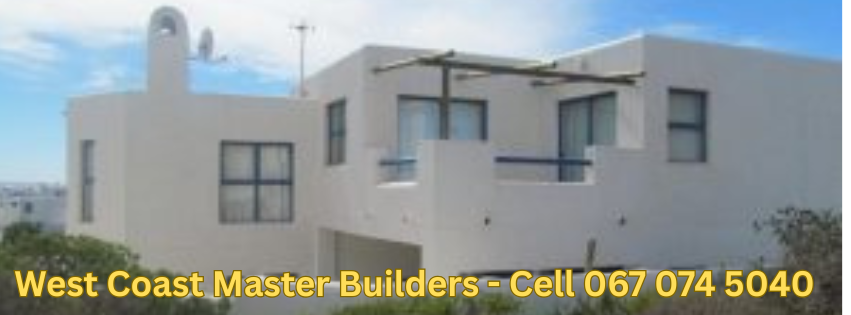What’s Next for South Africa?
Reporter – George April
CAPE TOWN:- In a bold move that could shake up South Africa’s political landscape, the Democratic Alliance (DA) has officially tabled an amendment to reject the African National Congress’s (ANC) proposed budget, particularly its controversial VAT increase.
 Government of National Unity – Facing their Biggest Test
Government of National Unity – Facing their Biggest Test
This development raises serious questions about the stability of the Government of National Unity (GNU) and the country’s economic future.
A Divided Government on a Crucial Budget
The ANC’s budget proposal includes a staggered VAT increase from 15% to 16% over the next two years—an effort to address South Africa’s growing fiscal deficit, currently estimated at R60 billion. However, the DA has taken a firm stance against the increase, arguing that it would further burden struggling South Africans during an ongoing cost-of-living crisis.
“We cannot support a budget that prioritizes tax hikes over economic growth and job creation,” a DA spokesperson stated. The party believes that rather than increasing VAT, the government should focus on reducing wasteful expenditure and implementing pro-growth policies.
What Happens Now?
The rejection of the ANC’s budget by the DA means that Parliament will now enter intense negotiations. The budget must be debated, adopted, and approved by both the National Assembly and the National Council of Provinces (NCOP). If it fails to pass, it could have significant consequences for President Cyril Ramaphosa’s administration, potentially leading to political instability or even the dissolution of Parliament.
Should the ANC fail to secure enough votes from its coalition partners, it may be forced to seek support from opposition parties like the Economic Freedom Fighters (EFF), whose leader, Julius Malema, has already rejected the VAT increase. The ANC might also be pressured into revising its budget proposal to accommodate the DA’s demands or risk a governmental deadlock.
A Test for the GNU’s Unity
The GNU, a fragile coalition of multiple political parties, is facing its biggest test yet. The DA’s defiance highlights the deep divisions within the coalition, with differing economic ideologies clashing over the direction of the country’s financial policy. If a compromise is not reached, this could be the first major sign of trouble for the GNU’s long-term survival.
Political analysts warn that the outcome of these negotiations could shape South Africa’s governance for years to come. Will the ANC find a way to push its budget through, or will this crisis force the GNU into an early collapse?
As Parliament gears up for heated debates, all eyes are on the ruling party and its ability to navigate this critical moment.
Stay tuned for updates as the situation unfolds.



